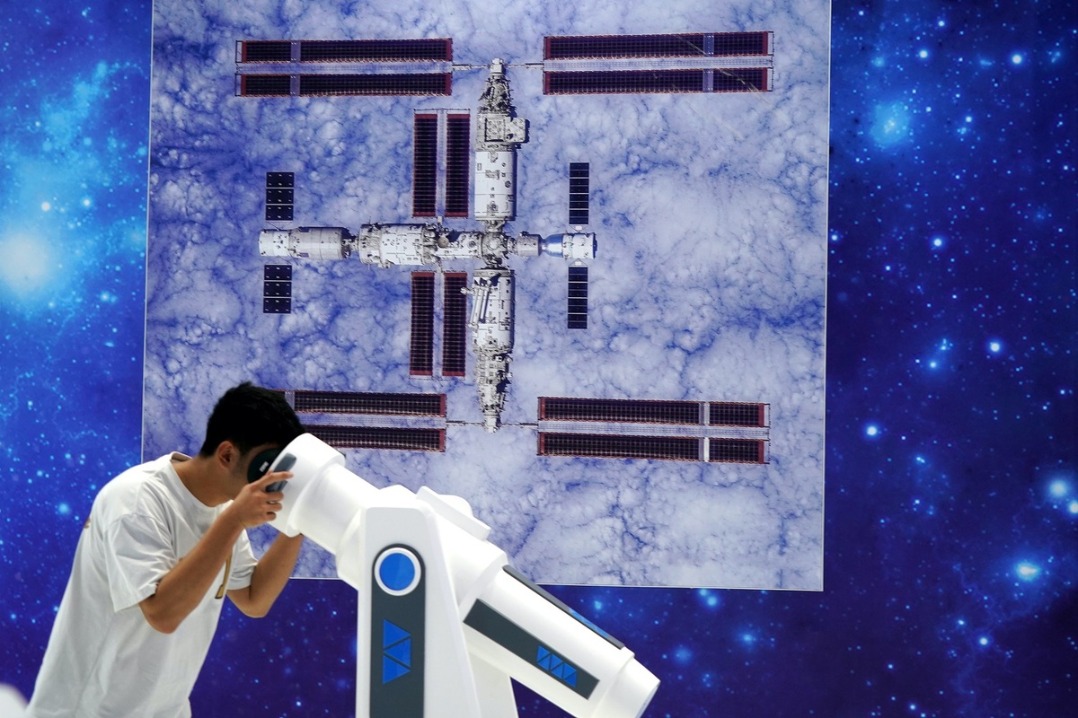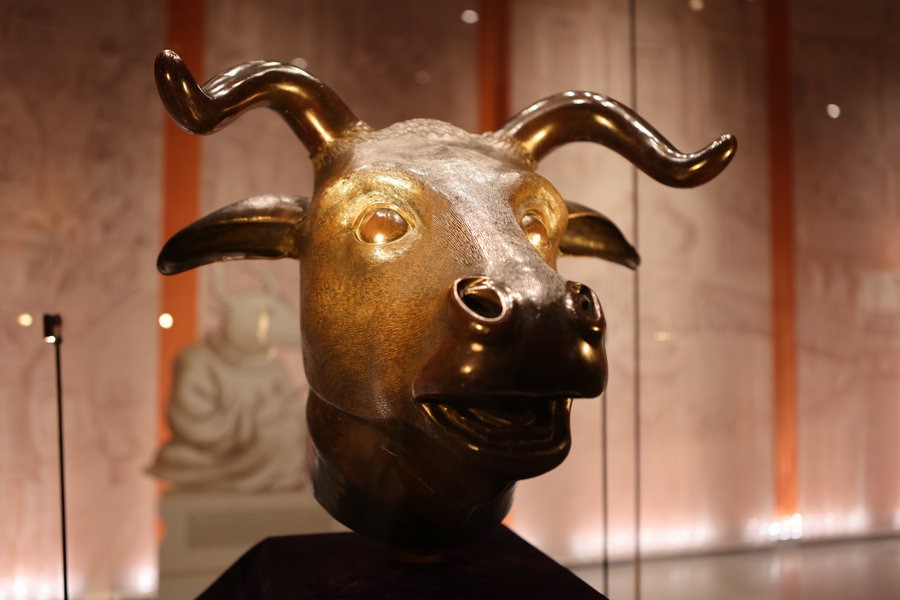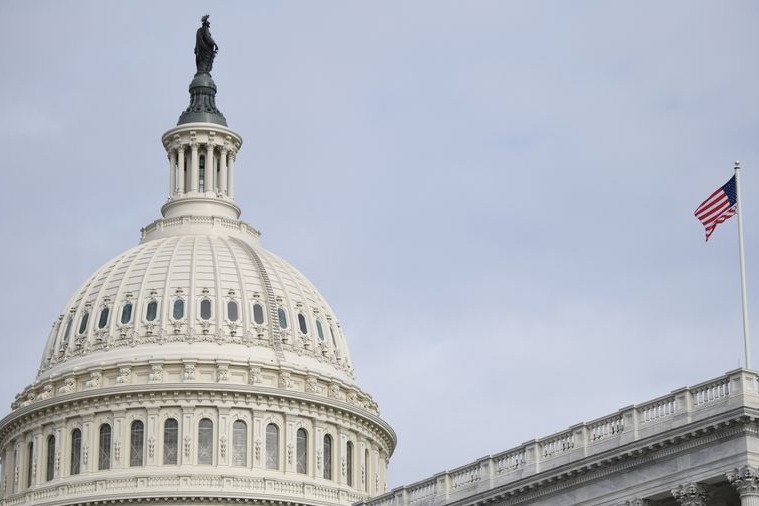Future of Sino-US ties lies in cooperation


More than 40 years ago China and the United States engaged in "ping pong diplomacy", easing the tensions between the two countries ever since the founding of New China in 1949.
With the People's Republic of China retaining its rightful seat in the United Nations Security Council in 1971 and its international status continuously improving, it had become apparent that the US policy to contain New China would be fruitless.
The US, on the other hand, was mired in the Vietnam War, which was sapping its national power. So the US administration realized it should establish friendly relations with China in order to end the war. Against this background, on Jan 1, 1979, the two countries formally established diplomatic relations.
But even before it established diplomatic relations with the US, China launched reform and opening-up in late 1978. As the leader of the Western world, the US played the dominant role in the global economy, as well as the technology, investment, finance and other fields, with which China had to integrate to ensure its economic development.
Over the past four decades, Sino-US economic and trade relations have not only become more interdependent but also changed qualitatively. To start with, China today exports an increasing volume of high-quality goods to the US. Considered as the "world's factory" and a country with a very high savings rate, China has built huge foreign exchange reserves and greatly improved its trade environment. And thanks mainly to China's manufacturing prowess, Sino-US trade has risen from $2.5 billion in 1979 to $633.52 billion in 2018, an increase of 253.4 times which is unprecedented in history.
Sino-US trade and economic relations have not been beneficial to Beijing alone, as inexpensive but quality Chinese products have met the rising demand of the American people for affordable and reliable goods. Economists generally believe that Chinese products, which are good in quality and low in price, help the US to keep inflation in check, and an average American family to save at least $800 a year.
Yet Sino-US relations have gone through some twists and turns, which prevented both sides to enjoy optimal mutual benefit. Also, the US has tried to contain China's rise by hyping up issues such as the China-Japan conflict in the East China Sea, the islands' disputes in the South China Sea, and the Taiwan question. Some conservative forces in the US have even exaggerated and manipulated Washington's differences with Beijing on human rights, political systems, and structural reform, intending to slow down China's economic growth and contain its rising global influence.
This year marks the 40th anniversary of the establishment of diplomatic relations between China and the US. But since last year, the US has been taking some unilateral and trade protectionist measures that have created trade frictions between the two countries.
Thanks to its "America First" policy, the US administration wants to squeeze the maximum benefits from Sino-US trade, but the problem is that the resulting rising costs of consumer and other goods for ordinary Americans and the not-so-easy-to-reduce US trade deficits show that intensified trade tensions would harm not only China but also the US.
The history of international relations and the development of Sino-US relations tell us that conflicts and confrontations cause damage to both sides. Sticking to the Cold War mentality or taking unilateral measures would be harmful to both sides. It would be in the fitness of things therefore that China and the US learn to coexist with each other despite their ideological differences, and to follow the diplomatic principle of mutual respect and equality to not only improve their diplomatic relations but also derive optimum benefits from Sino-US trade.
As two major countries and the two-largest economies, the US and China have no established model to follow to coexist as the established power and the rising power. Perhaps they could build a new model for major-country relationship which is characterized by non-conflict, non-confrontation, mutual respect and win-win cooperation. Only in this way can China and the US avoid the "Thucydides trap", continue to deepen win-win cooperation and move toward a better future.
The author is a researcher at the National Academy of Development and Strategy and a professor at the School of International Studies, Renmin University of China. The views don't necessarily represent those of China Daily.


































